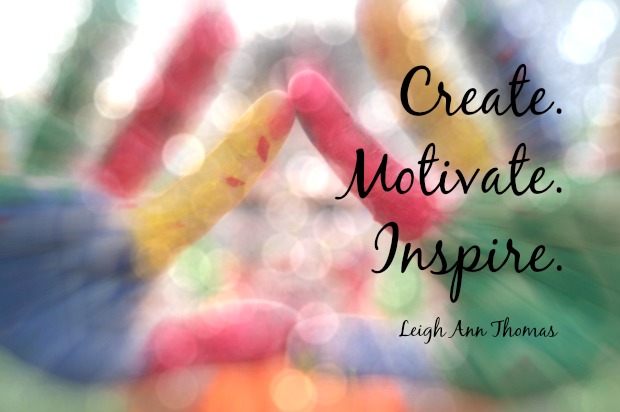
Building Your Creative Space
Concept 8: You Never can tell
“I’ve been able to work for so long because I think next time, I’ll finally make something good.” Alira…
December 13, 2021
“I’ve been able to work for so long because I think next time, I’ll finally make something good.” Alira…
December 13, 2021
Many writers overlook a critical section in their book proposals: the competition section. After reading thousands of book proposals…
October 25, 2021
Twenty-four years ago, I experienced one of the most embarrassing moments of my life: I fell off the commode…
April 29, 2021
The other day I got a rejection letter for a writing submission. Oh, and, by the way, the sky…
July 6, 2018
Three days before Christmas, a delivery man turned in our driveway, honked the horn, and requested my signature. Then…
December 23, 2016